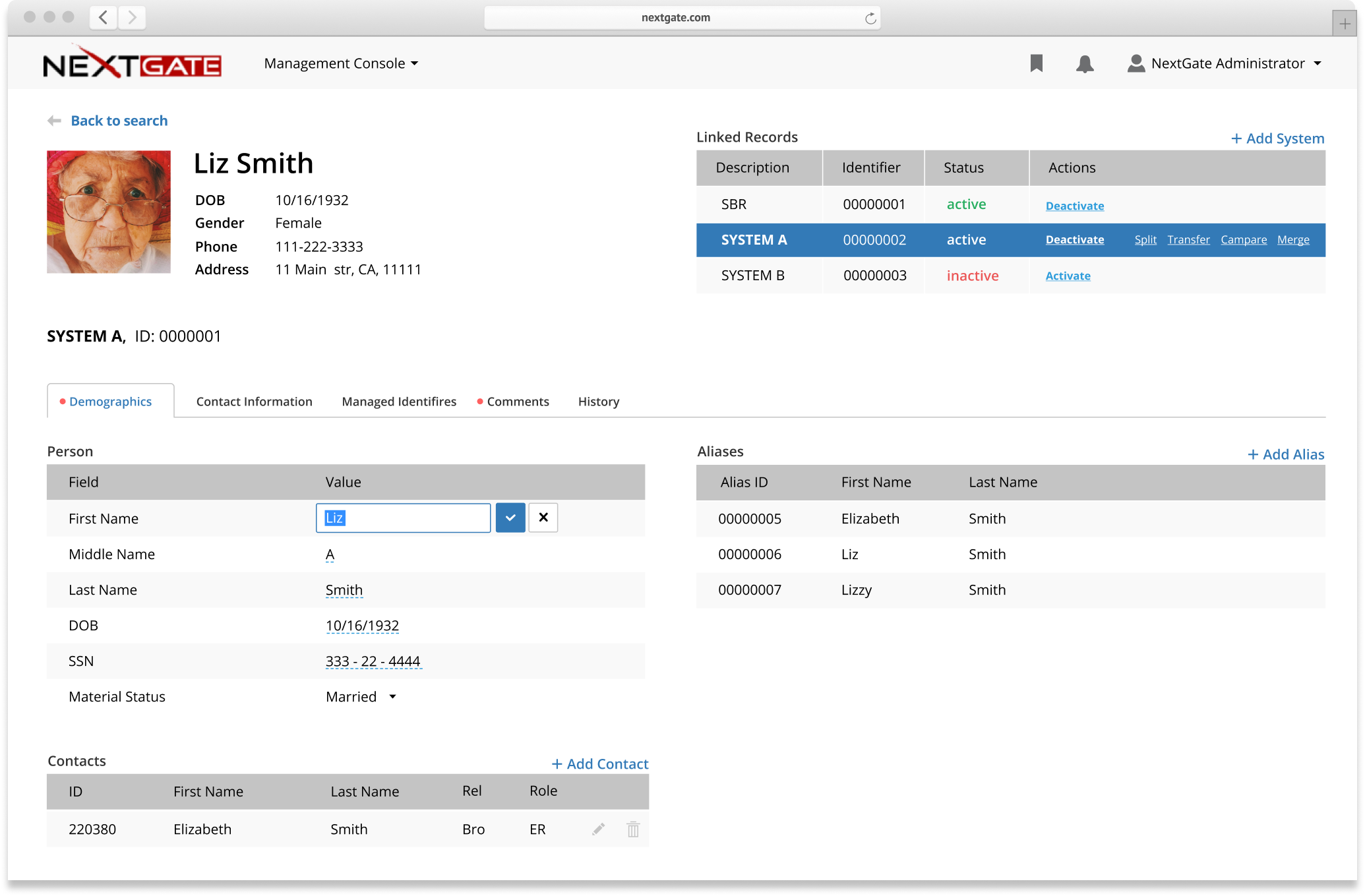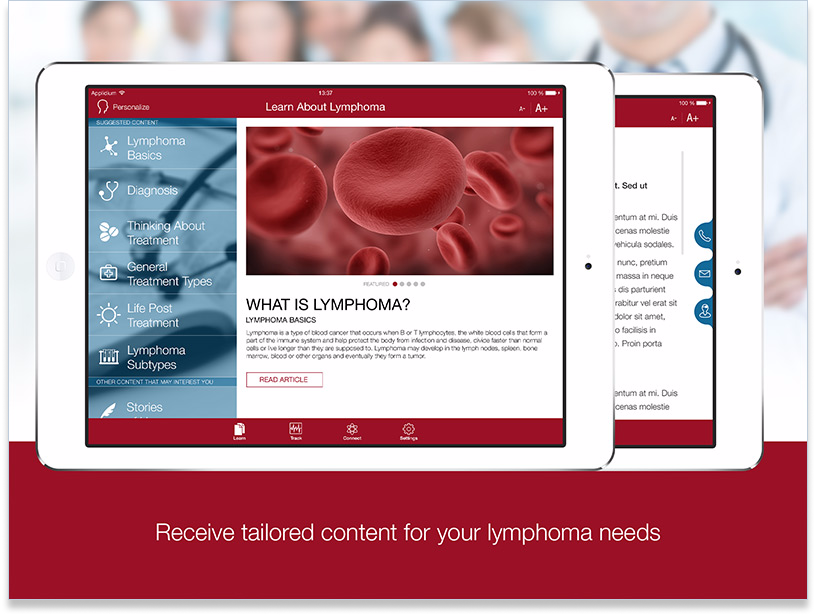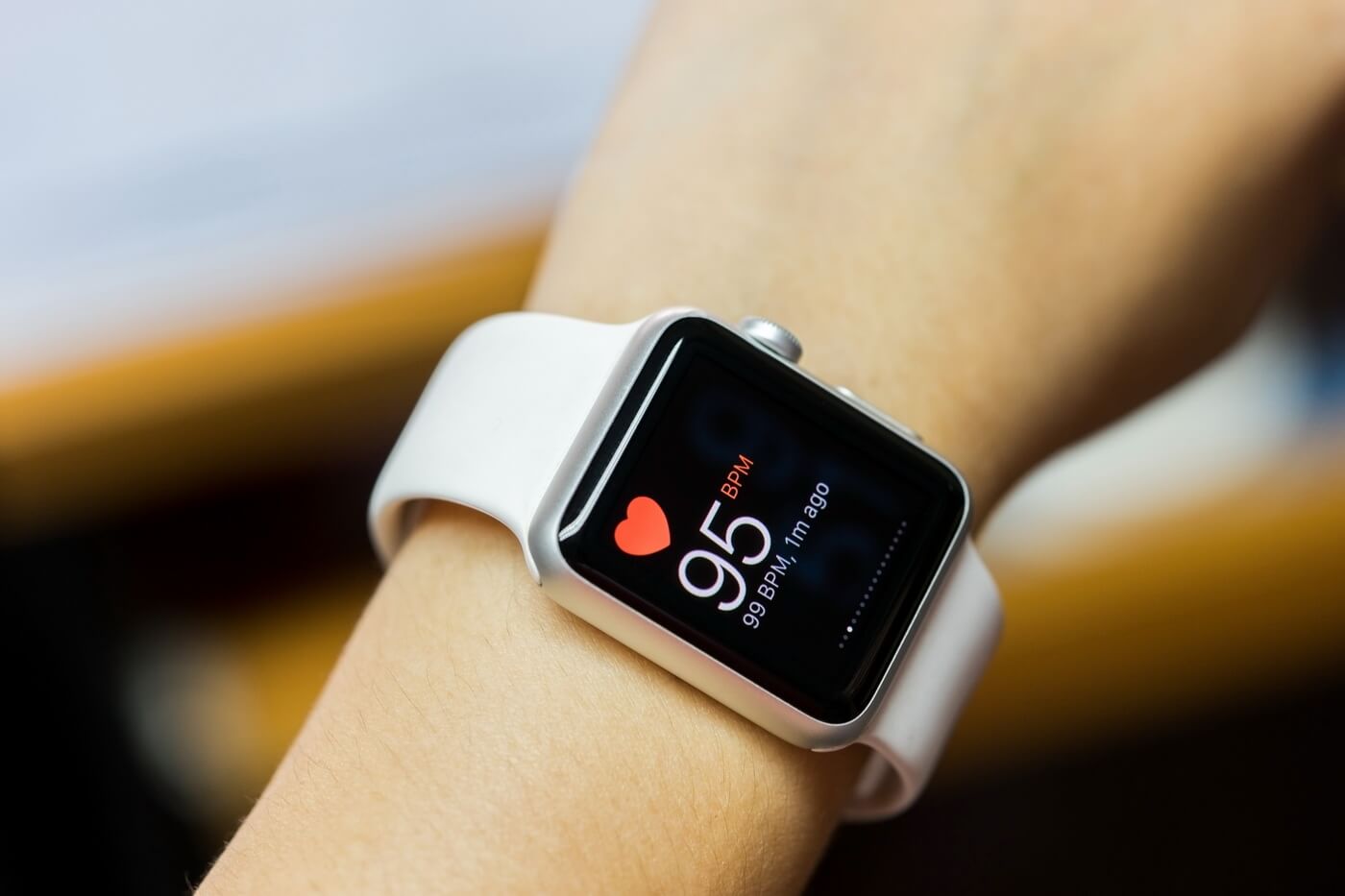Promising AI Applications in Healthcare
With the rise of artificial intelligence in almost every industry, it was only natural that the healthcare sector starts embracing this technology and leveraging AI as a valuable tool for digital transformation in healthcare. More and more AI-driven systems are appearing on the market, and the cost of implementing one has significantly decreased over the recent years. AI is rapidly spreading over the medical field. Machines have not only become effective at taking over mundane work, but also offer better accuracy.
As reported by Accenture, one out of five Americans used an artificially powered device during their treatment process. The report also notes that 74% of patients were satisfied with virtual healthcare systems.
Artificial intelligence and healthcare now go hand in hand. More countries begin to employ AI in the medical field as it is cost effective and more reliable in certain situations. Some studies proved that AI medical techniques can improve healthcare procedures due to their added precision and resistance to failure.
The number of ways doctors can employ AI to their advantage is staggering. There are many examples of artificial intelligence in healthcare, and listing all of them is practically impossible. Thus, we’ve outlined some of the most promising applications.
When it comes to accuracy, robots are very good at counting, managing, and entering data. Having AI do the paperwork is significantly faster and more reliable. Artificial intelligence allows doctors to browse through tons of records in just a few seconds, which is a day and night difference compared to traditional means of manually searching through files.
AI systems can also track expenses and responses to treatments, and they can even analyze the wellness of the population as a whole. AI also allows for round-the-clock access to every record, which will eliminate wait times completely.
Learn more
Data quality manager for Electronic Health Records that makes sure doctors get only the most relevant up-to-date information about patients.

By allowing AI to manage data, doctors don’t have to worry that critical data is outdated. Another benefit AI can bring to the table is that it can sync information from different institutions to get a better idea of what health issues people have the most. Having data from across the world will help doctors to come up with more accurate treatment programs.
Another important benefit that AI offers is high precision in reading X-Rays, checking tests, creating forecasts and similar tasks. They don’t get tired and will work 24/7 no matter what you throw at the system. More clinics start adopting this technology as it has proven to be not only cost effective but also able to free up more doctors.
Radiologists and cardiologists don’t need to waste time with paperwork and can focus on providing more patient-centric services. Similarly, nurses can work faster and more effectively, while physicians can receive more accurate information about the general state of the patient.
Many private and a few public clinics already use chatbots to communicate with patients. There are many types of chatbots, and all of them are built to ease the process. With the help of speech recognition technology, chatbots can compare reported symptoms, look up the conditions, and sync up with an ever-increasing database to return a set of steps a person has to take. This is very convenient as patients don’t have to go to the clinic just to find out that they have flu or misread their symptoms.
Learn more
The benefits of using chatbots and mobile technology in health and social care.
eHealth tools to improve medication adherence and patient engagement
One of the most widely spread healthcare issues is poor patient adherence when it comes to taking medicines. As surreal as this might sound, approximately, 50% of Americans are having difficulties taking medicine as instructed. This issue not only impacts the wellness of the population but also has a negative effect on the economy.
There have been multiple attempts to correct these issues, yet none have come as far as artificial intelligence. Thanks to the fact that smartphones are more advanced now, implementing AI into apps has never been so easy. Clinics that have the apps to provide reminders result in having the patients more likely to take medication on time.
And it’s not just about the reminders. Patients will be more likely to take medication if they are informed of the progress of their treatment. Additionally, the gamification of the process increases engagement and encourages patients to pay more attention to their treatment.
If a patient and a doctor agree on using a medication adherence platform, the related information becomes available to both parties. Patients can scroll through the status of their treatment process, while doctors can check if their patients don’t adhere to medication for behavioral, conditional, or even economic reasons.
Learn more
Nausea Care App doesn’t let the patients miss medication and keeps the doctor in the loop.
Some apps are specifically focused on chronical patients and help them stay on track with their conditions and informed about their diseases and treatment. An award-winning Focus on Lymphoma is one of such applications. We’ve built this app to help lymphoma patients manage their medication, improve adherence and keep them up-to-date about their treatment options and clinical trials. The app’s users can configure their profile according to their subtype of lymphoma and receive only relevant information and recommendations.

Validating Treatment Predictions
With the help of AI, doctors can easily single out complex cases out of hundreds of chest X-Rays every day. Artificial intelligence can also help doctors optimize currently existing care coordination strategies so that they can identify those who fall under the same group.
Today, many hospitals have to manually evaluate thousands of documents, records, and files. This process is extremely time and effort consuming, not to mention the error rate. This puts the groups who need hospital care as fast as possible at risk as the time goes on. Thanks to smart algorithms, machine learning models and computer vision technology, we can now process diverse, unstructured data with high precision and at short notice.
Precision Medicine
Thanks to the recent developments, artificial intelligence now helps in building precision medicine models. Precision medicine is a form of healthcare where genes, environment, and a patient’s lifestyle serve as the basis for personalized treatment plans. Using artificial intelligence and constantly expanding health data, doctors can provide more accurate treatment customized to the patient’s needs.
Take CRISPR project based on gene-ending technology as an example. Recently, the technology has been substantially upgraded with AI. Today, with next-generation AI-powered supercomputer stations, like the MIT’s Data Science Machine (DSM), a scientist can qualitatively parse gene data and use the results to create custom treatment plans. Even more, Deep Genomics, a company that researches genetic variations, already employs an advanced AI technology to help understand how genetic variations lead to diseases.
AI can gather data from wearables such as Apple Watch, or more simple tracking devices like Fitbit. There are many smart wearables that feature all kinds of tracking systems. Some devices are stuffed with sensors and can track heart rate, sleeping habits, body temperature. Others have fewer sensors but still can provide valuable data such as the number of steps you’ve made per day.
Read: Why data matters for business
These wearable devices are extremely good at tracking different parameters. This is why there are so many health and wellness applications for wearables. Patients that are wearing them allow doctors to track things such as weight loss and bad sleeping patterns. Patient care applications also add a lot of features to these devices such as reminders, customized schedules, etc.

With machine learning applications in healthcare, caregivers can assess data much faster and with higher accuracy. Artificial intelligence got better at highlighting the mistakes in the treatment process, finding inefficiencies in the workflow, and helping avoid the unnecessary hospitalization of patients.
Read more
How digital healthcare can reduce the crisis of hospitals performance.
Digital technology solves winter crisis in health and social care
More so, artificial intelligence in the medical field is superb at finding and tracking the tendencies and inclinations in diverse datasets to support medical institutions. The application of machine learning to medical diagnosis, for example, is no longer just an option but a key method of examining patient data and searching for precise treatment.
Conclusion
As more hospitals embrace artificial intelligence in their procedures, it’s only natural that this technology continues evolving. More doctors resort to the technology based on machine learning in their practices as it has been proven to provide accurate results. True, not every clinic has the funds to install an AI system today. But it’s only a matter of time when it becomes the norm.
We at Digiteum strongly believe in the power of AI and data-driven healthcare. If you’ve been looking into intelligent tech and want to leverage the power of advanced algorithms, we can help. We have been building custom medical software for years and have experience working with doctors, hospitals, pharma and other stakeholders in healthcare. If you are searching for an experienced tech provider to help you build a digital product development strategy and implement it, drop us a message and our representative will help you find the right solution.




